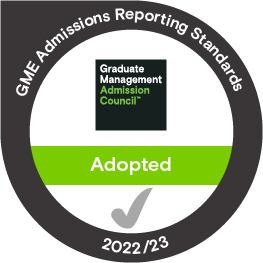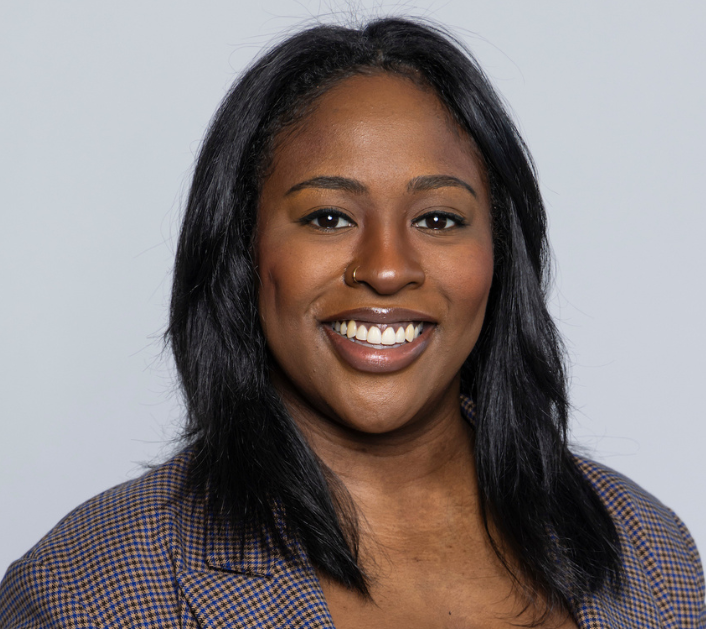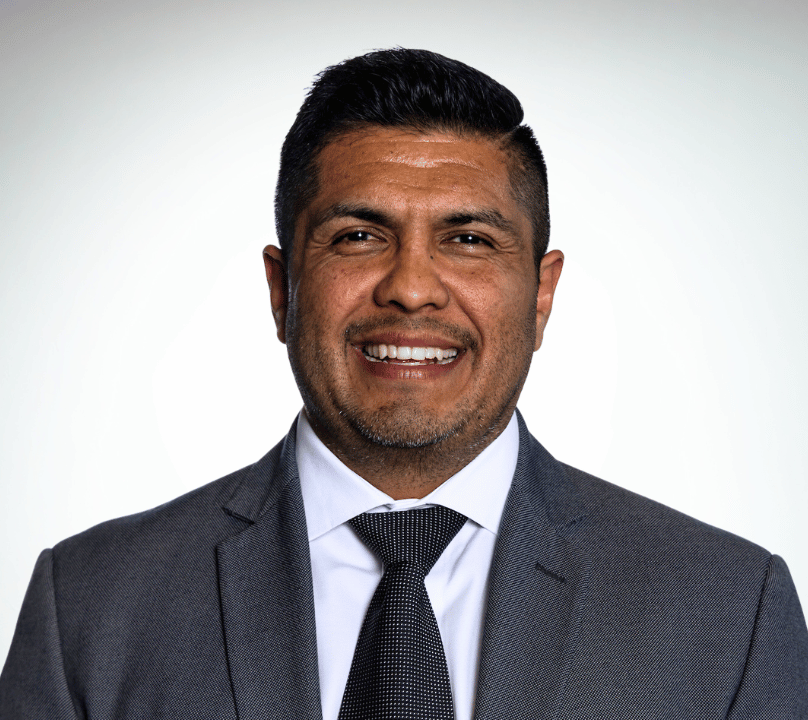Vanderbilt Executive MBA students are curious, adaptable, self-aware, and persistent lifelong learners. Above all, they are team players, self-starters, and complex problem-solvers. Each class represents a deep diversity of backgrounds, industries, and organization sizes. Most typically, they are:
- Mid- to senior-level managers and executives who choose to continue working while advancing their career trajectories.
- Successful entrepreneurs who want to move their businesses to an even higher level.
- Professionals–such as accountants, attorneys, and physicians– who seek to manage instead of practice.
- Managers in technology and scientific industries (such as healthcare, biotechnology, and information systems) where the pace of change makes spending two years away from the job unrealistic.
| Demographic Background | |
|---|---|
| Average Age | 35 |
| Average Age (Middle 80%) | 29 to 42 |
| US Minorities | 27% |
| International Backgrounds | 8% |
| Women | 25% |
| LGBTQI | 10% |
| Military | 17% |
| Resides outside Nashville | 21% |
Includes both Executive Edge and Global Immersion Track students.
| Professional Background | |
|---|---|
| Average Years of Work Experience | 11 |
| Work Experience Range | 5 to 21 |
| Advanced Degrees | 19% |
| Companies Represented | |
|---|---|
| Number of Companies | 47 |

Not all companies are represented here.
| INDUSTRIES REPRESENTED | |
|---|---|
| Consumer Products/Manufacturing | 26% |
| Healthcare/Pharma/Biotech | 21% |
| High Tech/Energy | 14% |
| Government/Nonprofit | 14% |
| Financial Services | 13% |
| Other (Includes Consulting, Media/Entertainment and Logistics) | 12% |
| JOB FUNCTIONS | |
|---|---|
| General Mgmt/Entrepreneurship | 21% |
| Marketing/Sales | 19% |
| Operations/Logistics | 16% |
| Finance/Accounting | 15% |
| Professional/Consulting | 15% |
| Information Technology | 14% |

Data reported in our marketing collateral and digital properties aligns with the Graduate Management Education Admissions Reporting Standards. Graduate Management Admission Council and the Square logo are trademarks of the Graduate Management Admission Council and used with permission.
By the numbers
22
The percentage of Executive MBA students who hold advanced degrees prior to entering the program.




